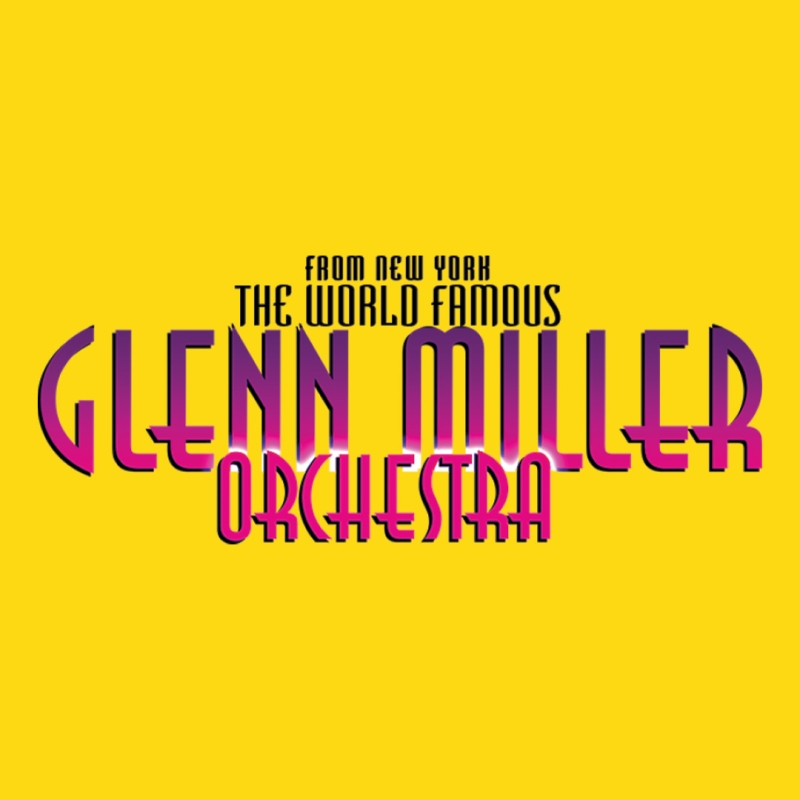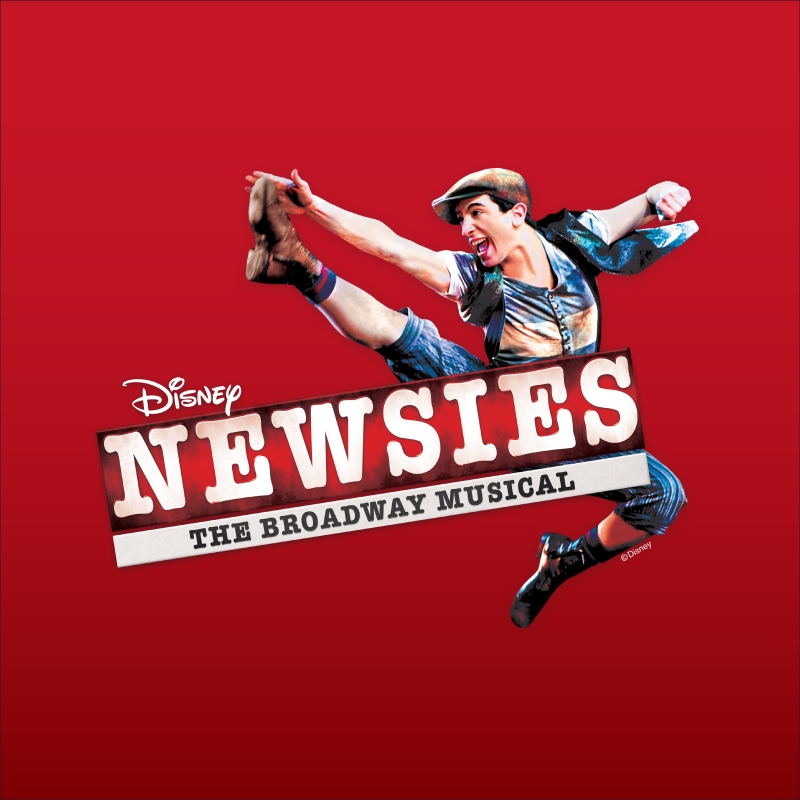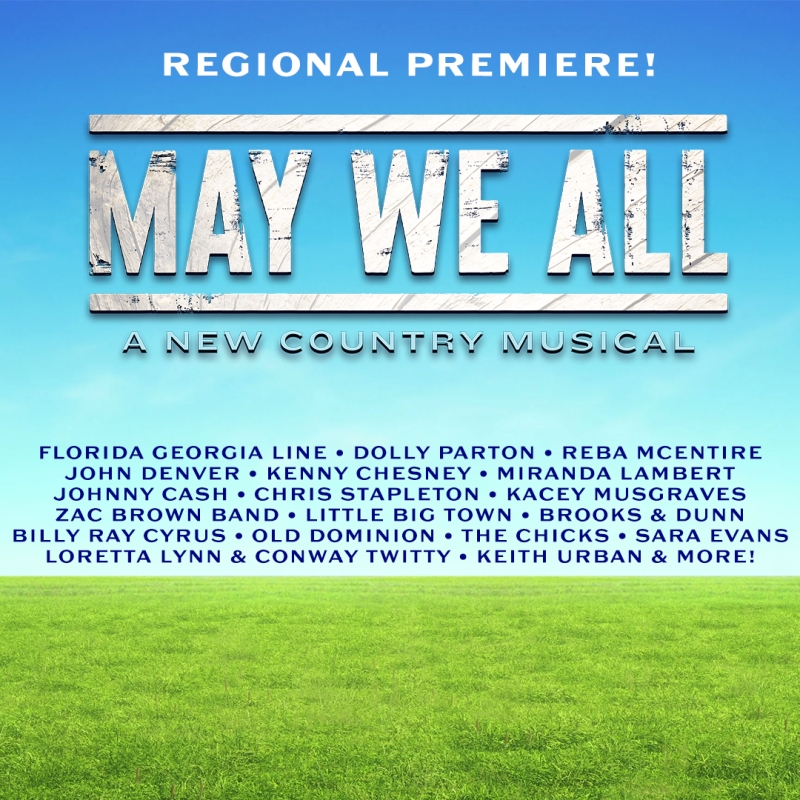Museum of the Moving Image Presents LA REBELLION: CREATING A NEW BLACK CINEMA, 2/2-2/24
Museum of the Moving Image will present L.A. Rebellion: Creating a New Black Cinema, a groundbreaking survey of 36 independent films made by African and African American filmmakers at UCLA beginning in the 1970s. The films produced by these mostly unheralded artists, including Charles Burnett, Julie Dash, Larry Clark, Haile Gerima, Billy Woodberry, and many others, created a unique cinematic landscape that explored and related to the real lives of Black communities in the United States and worldwide. The films in the series, part of a national tour organized by UCLA Film & Television Archive, will screen on weekends from February 2 through 24, 2013, at the Museum-the only New York venue for the series.
Highlights include personal appearances by Haile Gerima on February 10 with his debut feature Bush Mama, starring Barbara O. as a Chicago welfare mother who has a political awakening, and Jacqueline Stewart, one of the curators for the L.A Rebellion series, with Zeinabu irene Davis's feature Compensation on February 24, the closing day of the series. Ms. Stewart is the author of Migrating to the Movies: Cinema and Black Urban Modernity (2005) and teaches in the Radio/Television/Film and African American Studies departments at Northwestern University.
Among the feature films in the series are two by Charles Burnett, Killer of Sheep (1977) and My Brother's Wedding (1983/2007); Julie Dash's 1991 hit Daughters of the Dust, preceded by an early short The Diary of an African Nun (1977), adapted from an Alice Walker short story; Larry Clark's 1977 jazz film, Passing Through, and his 1973 featurette As Above, So Below, considered a rediscovered masterpiece; Jamaa Fanaka's Emma Mae (a.k.a. Black Sister's Revenge) (1976), which plays off Blaxploitation genre conventions in its portrait of a young Black woman from the South who has difficulty adjusting to life in the big city; and Billy Woodberry's 1984 film Bless Their Little Hearts, a neorealist portrait of one family in an L.A. community, preceded by his short, The Pocketbook (1980), adapted from a Langston Hughes's short story.
Just as significant and comprising the bulk of the series are the short films, many of them student works, made by Burnett, Clark, Dash, Fanaka, Gerima, Woodberry, and their colleagues who emerged out of the UCLA School of Theater, Film and Television. In the late 1960s, in the aftermath of the Watts Uprising and against the backdrop of the continuing Civil Rights Movement and the escalating Vietnam War, Los Angeles had become a breeding ground for this group of African and African American students many of whom entered UCLA, as part of an "Ethno-Communications" initiative designed to be responsive to communities of color. Over the course of two decades, they created a rich, innovative, sustained, and intellectually rigorous body of work, independent of any entertainment industry influence-as students arrived, mentored one another, and passed the torch to the next group. This social phenomenon and the body of works that came out of it are referred to as "L.A. Rebellion."
"The L.A. Rebellion is an astonishing and significant curatorial and archival project undertaken by UCLA Film and Television Archive. We are very pleased to be the New York venue for this series, which offers so many exciting rediscoveries," said David Schwartz, the Museum's Chief Curator. "These filmmakers were working collaboratively and producing films that were more representative of the real lives and concerns of African Americans than many of the Blaxploitation films that were coming out of Hollywood at the time."
Shannon Kelley, Head of Public Programs at UCLA Film & Television Archive, and a curator of L.A. Rebellion said, "Explorations of class, considerations of historical legacies, stories attentive to concerns of local communities and appreciations of other Black arts are only some of the areas of inquiry. Happily, the films also display a diversity of forms, including irreverent reconfigurations of well-worn genre types and groundbreaking experiments with cinematic language."
L.A. Rebellion is presented in association with UCLA Film & Television Archive and supported in part by grants from the Getty Foundation and The Andy Warhol Foundation for the Visual Arts. The series is curated by Allyson Nadia Field, Jan-Christopher Horak, Shannon Kelley, and Jacqueline Stewart. The L.A. Rebellion touring series has also shown at Pacific Film Archive (Berkeley) and International House Philadelphia, and will also travel to TIFF Cinematheque (Toronto). For more about the L.A. Rebellion film movement, please visit http://www.cinema.ucla.edu/la-rebellion/
SPONSORED BY THE REV
 |
||||
 |
 |
 |
 |
 |
Videos

